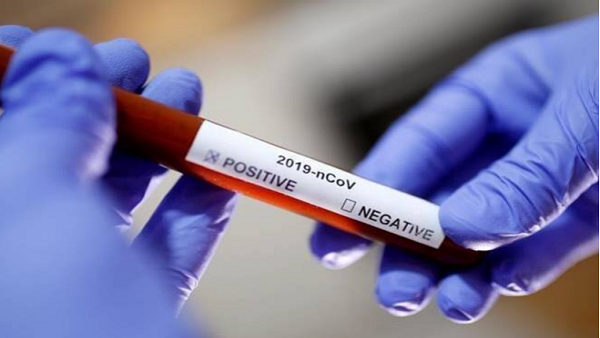
At the frontline, right alongside the healthcare workers battling the crisis, are our pharmacies, which relentlessly work towards ensuring that quality medicines reach people around India and around the globe
The world is walking a perilous path to fight one of the most challenging health crises of our times. The pandemic has upended healthcare systems everywhere. It appears our ability to pin down the virus, at this point, is slower than its speed to mutate. However, the pandemic has given rise to several opportunities for the Indian healthcare system as well. given impetus to the government to pursue ideas that would pave way for a self-reliant ecosystem. The Prime Minister’s call for an Atmanirbhar Bharat provided further impetus to the Indian healthcare landscape to be ‘vocal for local’. There has been a rise in the domestic manufacture of personal protection kits, testing kits and medicines.
As health workers race to contain the virus, there is also an increasing need for a collaborative approach. The country has seen a surge in cases owing to the migrant exodus, which might put undue burden on rural healthcare infrastructure. The government has risen to the challenge by injecting necessary stimulus to build capacity at the grassroots levels. There is also extensive collaboration between different communities—doctors, ASHA workers, pharmacists, supply chain employees and the government in arresting the spread of the infection, especially in periurban and rural areas. These efforts will translate into the upscaling of the rural infrastructure which will aid ‘urbanisation of villages’. With healthcare providers making the shift to rural areas, the standard of care will become better and more affordable.
There is already a degree of cooperation among various sectors, right from doctors to the police force, industry leaders and the government, which has made considerable difference in management of the pandemic. Doctors and healthcare workers are focusing efforts on diagnosing and reducing the mortality of those infected. They are also informing the people about good hygiene practices which would curb the spread at a microscopic level. The police force, too, are doing their part in positive regulation of the norms. While at the frontline, they are reinforcing the rules to ensure the infection is contained. The government and industry leaders have taken on the role of counsellors—scrutinising the situation and deciding the most effective course of action. The role of the Indian pharmaceutical industry, too, has been pertinent. At the frontline, right alongside the healthcare workers battling the crisis, are our pharmacies, which relentlessly work towards ensuring that quality medicines reach people around India and around the globe. We did not witness drug shortage of any kind in the country. On the international front, we have provided hydroxychloroquine to the world in millions, and more than a million paracetamol tablets to 31 countries
There has also been a discernible shift to a collaborative style of working. Various stakeholders, It is commendable that Indian pharma companies worked relentlessly to ramp up production of hydroxychloroquine which was used as a prophylaxis to protect frontline workers against getting infected in addition to exporting the drug to nearly 55 countries with heavy Covid-19 burden. Pharma companies not only ensured continued manufacture of drugs to meet domestic and export demand, but have also focused on R&D (clinical trials), eased out disruptions at various levels, collaborated with various stakeholders to identify gaps, and encouraged India’s journey towards self-reliance. Whilst asserting the availability of medicines, the pharma industry has also taken care to make sure medicines remain affordable, displaying their commitment to a patient-centric approach to health and wellness. While the pharma industry, frontline healthcare workers and doctors are focused on containing the spread and aiding the recovery of those infected, the government too has taken a role of an educator—to educate people on Covid-19 and ways to contain the spread at a community level.
The author is president, Heart Care Foundation of India, and former national president, Indian Medical Association
This article was originally published on The Financial Express